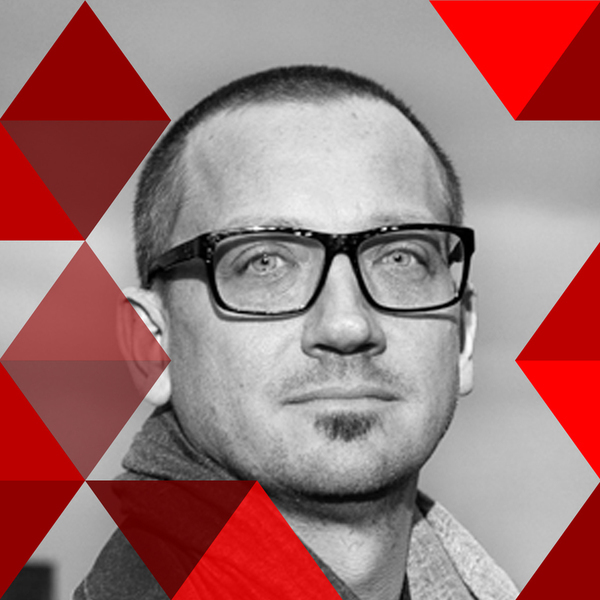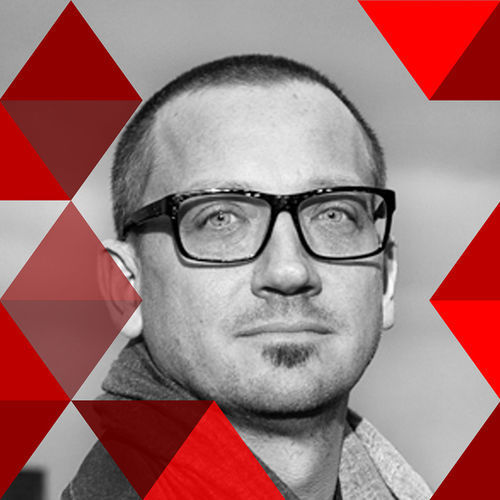Difference between revisions of "The Circular Economy"
Rümeysa Önal (talk | contribs) |
|||
| (17 intermediate revisions by 3 users not shown) | |||
| Line 1: | Line 1: | ||
| − | + | {{Article | |
| + | |Image=Foto-web_1280x1280px-03.jpg | ||
| + | |Caption=Duzan Doepel | ||
| + | |Summary=Giving shape to the process and the financing is just as important as the design itself. I strongly believe that design can act as an agent for social renewal, and lead to strategies that contribute to a circular and inclusive economy. Circular in the sense of transforming energy, water, waste and material cycles into closed cycles. Inclusive in the sense of creating implementation trajectories that empower people who are otherwise removed from the labour market. | ||
| + | |Article=Author: Duzan Doepel | ||
| + | In my presentation at the WdKA symposium 'Redesigning Business'(Rotterdam, November 20 2014) I explained the working methods, struggles and solutions of circular and inclusive economy, for example through the futuristic design for the 'Biobased Retrofit House'. | ||
| − | |||
| − | + | {{#ev:vimeo|116853124}} | |
| − | + | ''Duzan Doepel is co-founder of [http://www.doepelstrijkers.com DOEPEL STRIJKERS], an architecture firm that bridges the gap between art and science with intelligent design and strategic interventions. Driven by a fascination for aesthetics with substance, the office generates architectural works which transcend the spatial by creating social, ecological and economic value. He is also a research professor (lector) of Sustainable Architecture and Urban (Re-)Design at the University of Applied Sciences in Rotterdam, and a staff member of the research centre RDM.'' | |
| + | }} | ||
| + | {{Category selector | ||
| + | |Category=Circularity | ||
| + | }} | ||
| + | {{Category selector | ||
| + | |Category=Transformation | ||
| + | }} | ||
| + | {{Category selector | ||
| + | |Category=Systems | ||
| + | }} | ||
| + | {{Category selector | ||
| + | |Category=Strategies | ||
| + | }} | ||
| + | {{Category selector | ||
| + | |Category=Sustainability | ||
| + | }} | ||
| + | {{Category selector | ||
| + | |Category=Economy | ||
| + | }} | ||
| + | {{Articles more}} | ||
| + | Author: Duzan Doepel | ||
| + | |||
| + | Giving shape to the process and the financing is just as important as the design itself. I strongly believe that design can act as an agent for social renewal, and lead to strategies that contribute to a circular and inclusive economy. Circular in the sense of transforming energy, water, waste and material cycles into closed cycles. Inclusive in the sense of creating implementation trajectories that empower people who are otherwise removed from the labour market. In my presentation at the WdKA symposium 'Redesigning Business'(Rotterdam, November 20 2014) I explained the working methods, struggles and solutions of circular and inclusive economy, for example through the futuristic design for the 'Biobased Retrofit House'. | ||
| + | |||
| + | <iframe src="http://player.vimeo.com/video/116853124" width="500" height="281" frameborder="0" webkitallowfullscreen mozallowfullscreen allowfullscreen></iframe> | ||
| + | |||
| + | [[File:Foto-web_1280x1280px-03.jpg|500px]] | ||
| + | |||
| + | ''Duzan Doepel is co-founder of [http://www.doepelstrijkers.com DOEPEL STRIJKERS], an architecture firm that bridges the gap between art and science with intelligent design and strategic interventions. Driven by a fascination for aesthetics with substance, the office generates architectural works which transcend the spatial by creating social, ecological and economic value. He is also a research professor (lector) of Sustainable Architecture and Urban (Re-)Design at the University of Applied Sciences in Rotterdam, and a staff member of the research centre RDM.'' | ||
| + | |||
| + | |||
| + | [[Category:Discourse]] | ||
| − | |||
| − | |||
| − | |||
[[Category:Economics]] | [[Category:Economics]] | ||
[[Category:Strategies]] | [[Category:Strategies]] | ||
[[Category:Transformation]] | [[Category:Transformation]] | ||
Latest revision as of 21:20, 30 October 2018
Contents
Author: Duzan Doepel
In my presentation at the WdKA symposium 'Redesigning Business'(Rotterdam, November 20 2014) I explained the working methods, struggles and solutions of circular and inclusive economy, for example through the futuristic design for the 'Biobased Retrofit House'.
Links
CONTRIBUTE
Feel free to contribute to Beyond Social.
Author: Duzan Doepel
Giving shape to the process and the financing is just as important as the design itself. I strongly believe that design can act as an agent for social renewal, and lead to strategies that contribute to a circular and inclusive economy. Circular in the sense of transforming energy, water, waste and material cycles into closed cycles. Inclusive in the sense of creating implementation trajectories that empower people who are otherwise removed from the labour market. In my presentation at the WdKA symposium 'Redesigning Business'(Rotterdam, November 20 2014) I explained the working methods, struggles and solutions of circular and inclusive economy, for example through the futuristic design for the 'Biobased Retrofit House'.
<iframe src="http://player.vimeo.com/video/116853124" width="500" height="281" frameborder="0" webkitallowfullscreen mozallowfullscreen allowfullscreen></iframe>
Duzan Doepel is co-founder of DOEPEL STRIJKERS, an architecture firm that bridges the gap between art and science with intelligent design and strategic interventions. Driven by a fascination for aesthetics with substance, the office generates architectural works which transcend the spatial by creating social, ecological and economic value. He is also a research professor (lector) of Sustainable Architecture and Urban (Re-)Design at the University of Applied Sciences in Rotterdam, and a staff member of the research centre RDM.










